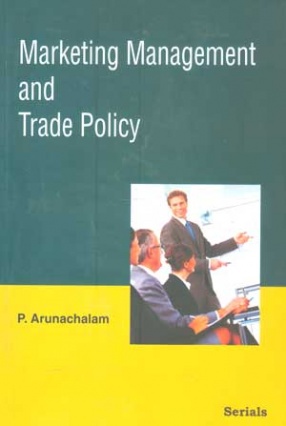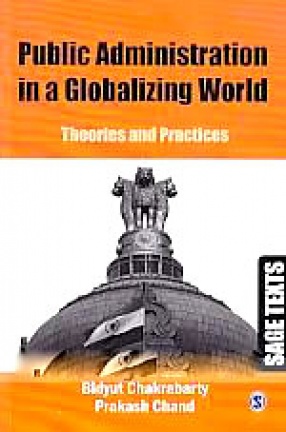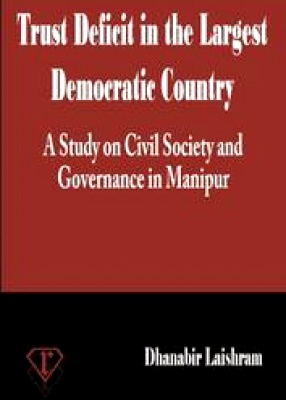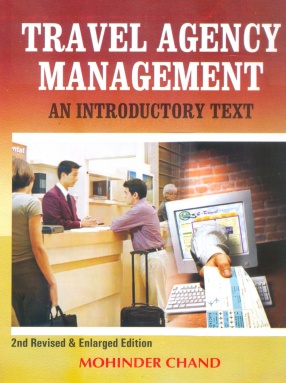P. Arunachalam, is Reader in the Department of applied Economics, Cochin University of Science and Technology ( CUSAT), Kochi-22, Kerala State, India. He was the Head of the Department of applied Economics, Cochin University of Science and Technology during the period April 2004-April 2007. He has Nineteen years of Teaching and Research Experience. He took his PG Degree from Loyola College, Madras, a world-renowned college in Southern India, affiliated to Madras University and M.Phil and Ph. D Degrees from Cochin University of Science and Technology, Kochi, Kerala State. Pondicherry University, a Central University, Awarded him Doctoral Fellpwship in the year 1988. He joined as a Lecturer in the year 1989 and become Reader in the year 1997. He was awarded Post Doctoral Training Fellowship by the NUFFIC ( Netherlands Council for Co-Operation in Higher Education, Government of Netherlands) for six Times under SEPTRAMHO-Programme between the Department of Applied Economics, Cochin University of Sciences and Technology and the Development Research Institute (IVO), Tilburg University, the Netherlands during the period 1999 to 2004, Part of his Research Training Programme, he visited France Germany, Italy, Belgium, Spain, England , Switzerland, Srilanka and most of the Gulf countries. He is specialized in Quantitative Techniques and international Economics. He is teaching Business statistics at Master of Business Economics (M.B.E) level and Quantity Techniques at M. Phil level. He was a member of the Academic Council, CUSAT from April 2004 to April 2007, He is a visiting Faculty Member of many Universities in South India. He is a Member of Several Academic and Professional Bodies at National and International Levels. He has done a Minor Project on “India’s Spices Exports to the Netherlands” under UGC Un-Assigned grant and jointly done a major project on “ Global Based Commodity Chain: with Special Reference to Cardamom” funded by NUFFIC through Development Research Institute, Tilburg University, the Netherlands, with Dr, wim Pelupessey, Senior Economist, IVO, Tilburg University, the Netherlands. He did his Ph.D work on” India’s Engineering Goods Exports: Growth, Concentration and Diversification. He has to his credit 50 research articles, 35 Research Articles in various reputed journals and magazines and 15 research articles to 15 textbooks published Participated as a resource person, Chairperson and also presented research papers in more than 70 National and International Conferences, Workshops, Symposiums and Seminars. He has produced 3 Ph.Ds and several more students are doing Ph.D under his supervision. Now he is carring out a major research work on “ Special Economics Zones in India and China”, He had been selected for the professor post in the Department of Economics, Bharathiyar University, Coimbatore. He has written a book on “ Special Economic Zones in India: Principles, Problems and Prospects” He is a member as partner in Rajaran; Digital identity Management, City University, London, United Kingdom. This book marks dr. Arunachalam’s second venture in his area of specialization.
Read more







Bibliographic information